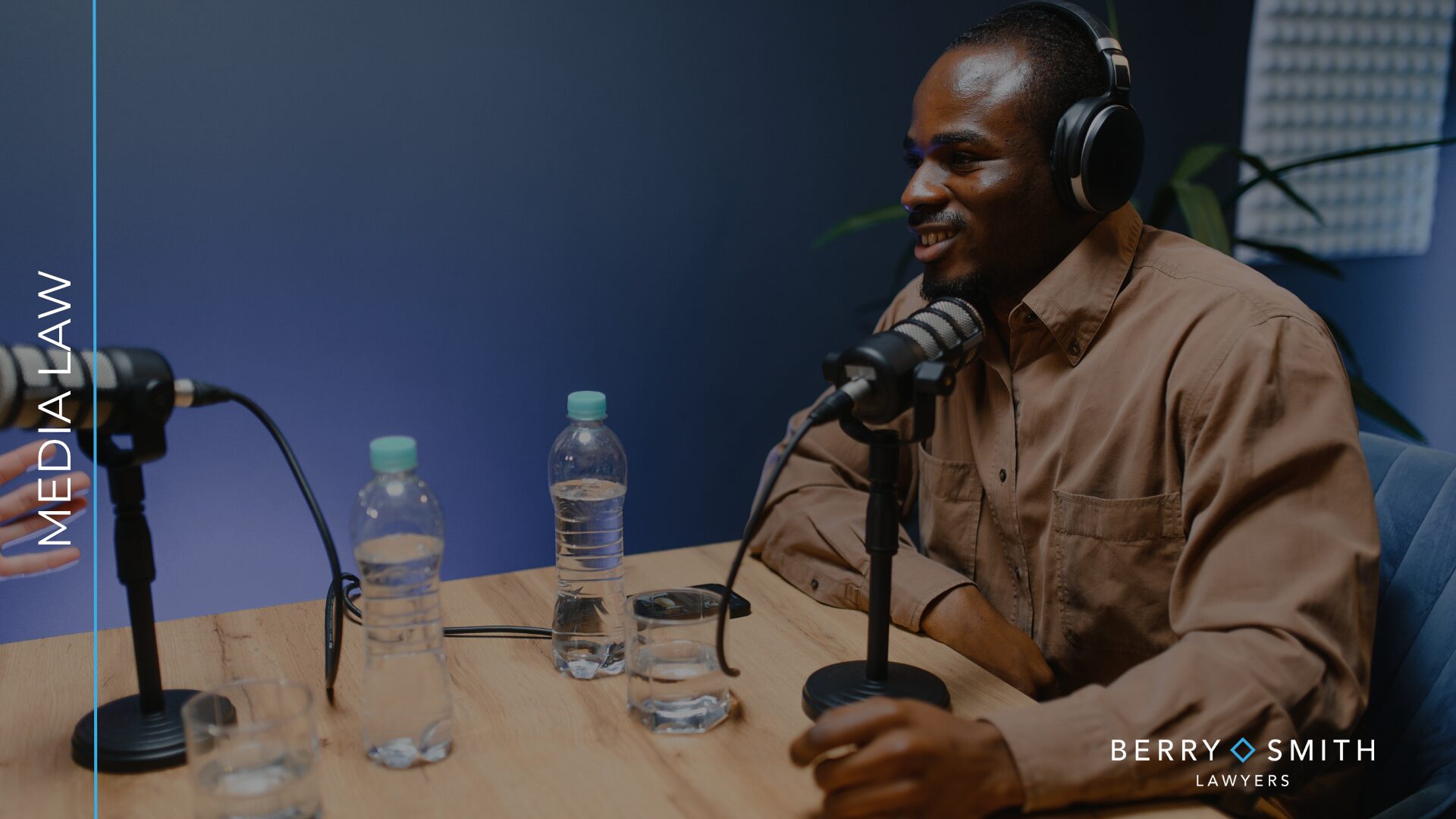Podcasting has become one of the fastest-growing mediums for storytelling, journalism, and education. But alongside the surge in creativity and audience demand comes a complex legal landscape—especially when it comes to music. Many podcasters underestimate how important it is to license music correctly, only to discover that using the wrong track without permission can lead to costly legal trouble
Why Music Matters in Podcasts
Music sets the tone, adds emotion, and creates a polished experience for listeners. A few seconds of a well-placed song can heighten tension, smooth transitions, or give a show its recognisable identity. But unlike royalty-free sound effects or self-composed jingles, most songs are protected by copyright law. Using them without permission—even just a short clip—can count as infringement.
The Legal Framework: Copyright 101
At the heart of music licensing are two copyrights:
1. Composition rights – the music and lyrics created by the songwriter.
2. Sound recording rights – the specific recorded version of that composition.
Podcasters need to secure permission for both when using a published track. Failing to do so could invite cease-and-desist orders, takedown notices, or even lawsuits.
The Risks of Ignoring Licensing
Some podcasters assume that “fair use” or “non-commercial” status will protect them. Unfortunately, that’s rarely the case. Platforms like Spotify, Apple Podcasts, and YouTube have automated systems that flag unlicensed music. Even if a podcast isn’t monetized, copyright holders still have the right to enforce their ownership. In extreme cases, infringement can lead to statutory damages in court, ranging from hundreds to hundreds of thousands of dollars.
Options for Podcasters
Fortunately, there are safe and creative alternatives to traditional music licensing hurdles:
· Royalty-free libraries – A one-time fee (or subscription) gives podcasters access to music cleared for use.
· Creative Commons tracks – Some artists share music under licenses that allow reuse, provided conditions like attribution are met.
· Commissioned or custom music – Hiring a composer or using AI-generated music ensures originality and exclusivity.
· Direct licensing – Contacting artists or labels directly can sometimes result in permission or even collaboration.
Striking the Right Chord
For podcasters, the takeaway is clear: music is more than just background noise—it’s an intellectual property protected by law. By understanding licensing, podcasters can avoid costly mistakes, respect creators’ rights, and enhance their shows with sound that resonates legally and artistically.
Berry Smith Bottom Line
Music can elevate a podcast from good to unforgettable. But every note carries legal weight. By understanding rights, avoiding shortcuts, and planning licensing strategically, podcasters can harness music’s power without stumbling into courtrooms.
Best practice for podcasters would be
· Plan music use early—don’t leave licensing to the last minute
· Keep written agreements and licenses on file
· Confirm terms before using “free” or Creative Commons music
· Commission original music for branding and exclusivity
· Seek legal advice before launching your podcast
From sound waves to courtrooms, the smoother journey is one paved with compliance and respect for creators’ rights. If you would like to speak to one of our legal experts you can contact the commercial team on 02920 345511 or at commercial@berrysmith.com
